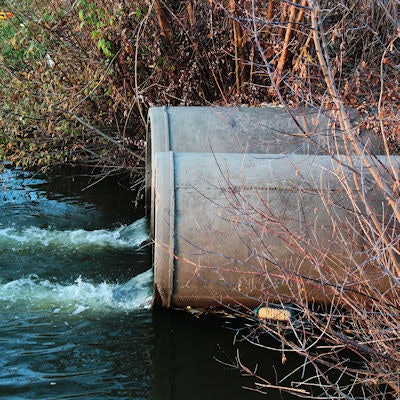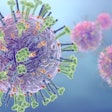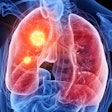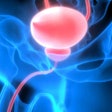
Surveillance of SARS-CoV-2 RNA in sewage could serve as a sensitive early warning system for increased coronavirus circulation in the population, according to a new study conducted in cities in the Netherlands.
The study, which was funded by the KWR Water Research Institute in Nieuwegein, involved quantitative reverse transcriptase polymerase chain reaction (RT-PCR) testing for SARS-CoV-2 in domestic wastewater samples in six cities before and in the weeks after the first reported COVID-19 case in the Netherlands. Results were reported online May 20 in Environmental Science and Technology Letters, a journal of the American Chemical Society (ACS).
Whereas SARS-CoV-2 was undetectable three weeks before the first coronavirus case was reported, it was present in sewage samples subsequently, with concentrations increasing along with the rising number of cases, Gertjan Medema, PhD, principal microbiologist at the KWR Water Research Institute, and colleagues reported. Although it is thought that coronavirus spreads mainly through respiratory droplets, if the new coronavirus is present at high levels in sewage at treatment plants, it could pose risks to workers at the facilities, the researchers warned in a June 10 statement from the ACS.



















